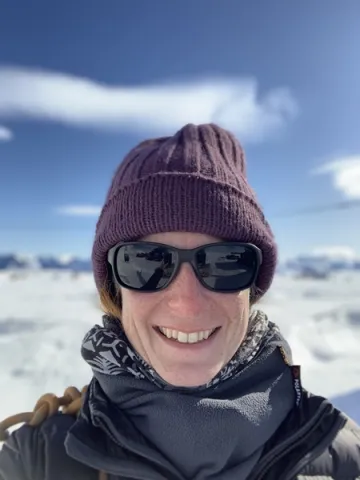About the project
This PhD opportunity aims to develop a novel proxy to reconstruct the strength and movement of southern westerly winds, crucial for understanding climate tipping points. It involves quantifying wind-blown particles found in sub-Antarctic peat, integrating data into global climate models, with fieldwork in sub-Antarctic islands.
Abrupt climate shifts or 'tipping points' can lead to irreversible changes in the Earth System, with far-reaching impacts on environments, ecosystems, and human societies. Recent work has highlighted the crucial role of the southern westerly winds in driving and propagating global climate changes.
This project will develop and validate a novel proxy to reconstruct the strength and latitudinal movement of the southern westerly winds, to inform our understanding of the mechanisms of tipping cascades. A major focus will be on the quantification of wind-blown particles (e.g. pollen, dust, volcanic ash) from sub-Antarctic peat deposits, using laser-based extraction to concentrate pollen grains, and developing an image processing algorithm for identification and quantification.
A monitoring network will be set up to understand the contemporary conditions for particle deposition using high resolution weather data. The new proxy data generated will be integrated within a global network of proxy records and model simulations to generate a more comprehensive understanding of past climate dynamics in the region. Analysis will focus on key time periods over the last 18,000 years, during which the Earth System experienced changes of global significance.
Subject to start date, the project will involve fieldwork to sub-Antarctic islands in the South Atlantic. The successful candidate will have an interest in palaeoenvironments, climate change, and some basic quantitative skills. There is some flexibility to develop the project in a direction of interest. A Masters in a related field would be desirable but not required. Specialist training will be provided through the Graduate School.
Supervisors
As well as Dr Zoë Thomas and Professor Paul Hughes, you will be supervised by Dr Paul Brickle from the South Atlantic Environmental Research Institute.
